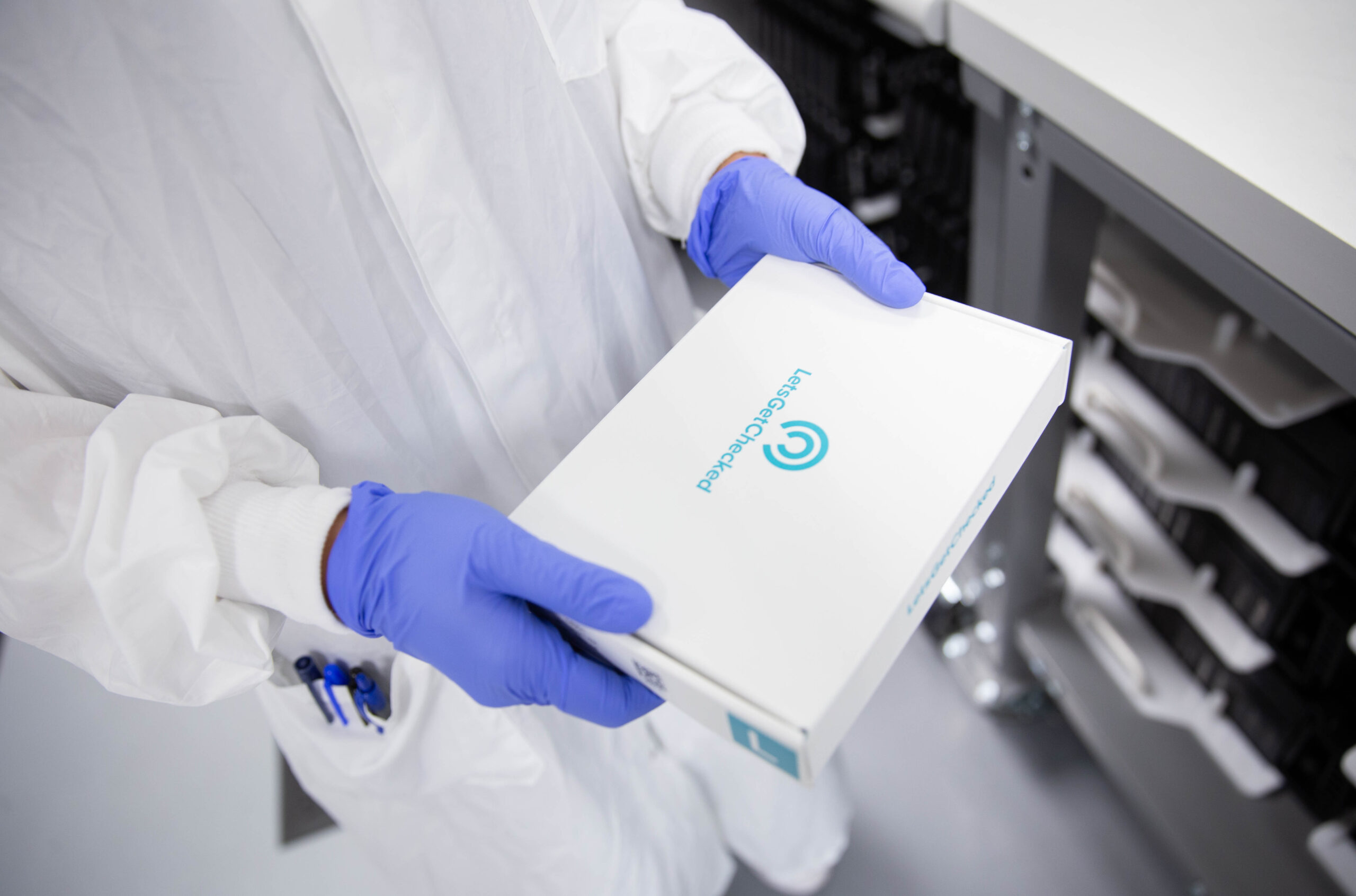
At-home testing startup LetsGetChecked recently passed a $1 billion valuation.
As the pandemic drew further attention to diagnostics, many at-home testing companies saw a boost in sales. Now, these startups are looking to build out a broader array of at-home services.
At-home testing startup LetsGetChecked, which recently passed a $1 billion valuation, plans to put some of its cash toward these plans. The company recently raised a $150 million series D round led by Casdin Capital, with previous investors including Optum Ventures and Illumina Ventures also chipping in.
In the last year, LetsGetChecked said it saw its revenue grow by more than 1,500%, and added health plans, employers and government organizations as customers. Now, the startup is gearing up to offer a broader service that involves virtual visits and prescriptions.
“We are seeing unprecedented demand for at-home diagnostics and care as an alternative to traditional in-person medical visits, and we are expanding our offerings to include telehealth and treatment services to further help people live longer, happier lives,” LetsGetChecked Founder and CEO Peter Foley said in a news release.
Founded in Dublin in 2015, the company started with offering a variety of at-home test kits, from tests to measure hemoglobin A1C to more wellness-oriented tests.
The startup plans to add asynchronous and video visits for people to talk to a clinician about a test result or to get prescriptions refilled.
LetsGetChecked can currently prescribe some medications. With the new funding, it plans to expand those services to cholesterol and thyroid management. It’s in the process of acquiring a pharmacy in Jupiter, Florida to build out its pharmaceutical services.
Some of its competitors, including Austin-based Everlywell, are taking similar strides. Everlywell recently bought PWNHealth, a company that provides telehealth consults for at-home testing, which will give it new opportunities in telehealth in the future.










